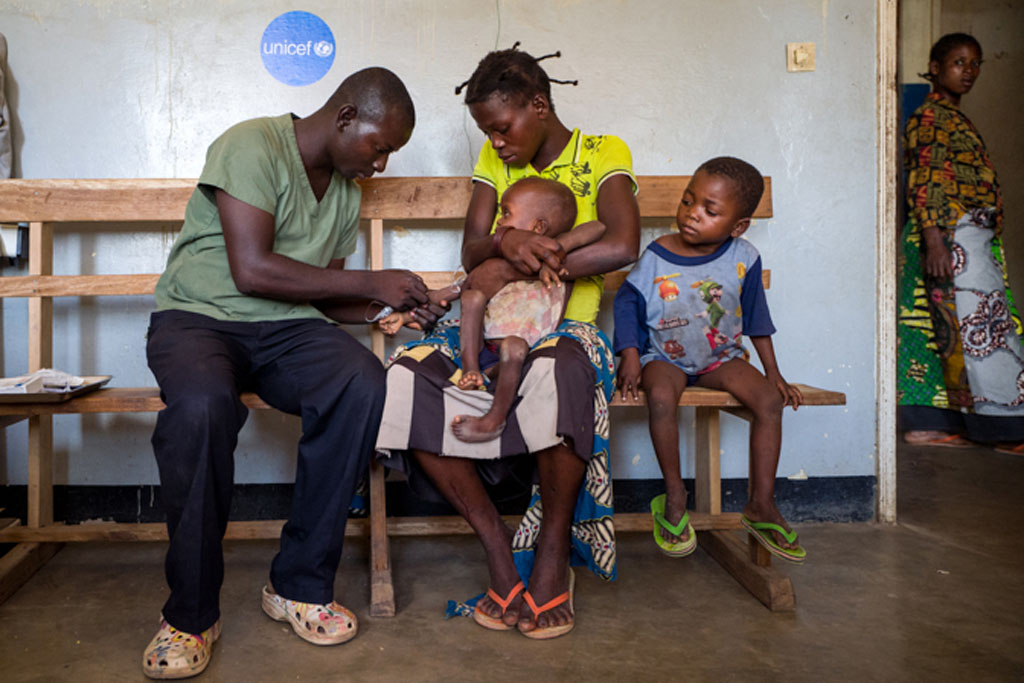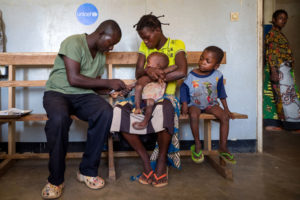
The world must not turn a blind eye to the dire situation of children and families in the Grand Kasai region of the Democratic Republic of the Congo (DRC), the United Nations Children’s Fund (UNICEF) warned Monday, stressing that nothing can justify terrible acts of abuse against women and children.
“Children and women tell us of terrible acts of abuse. Many children have been recruited by armed forces, drugged and caught in the violence. Nothing can justify these actions,” said Marie-Pierre Poirier, UNICEF Regional Director for West and Central Africa, in a statement.
Over the past 12 months, more than 1.4 million people – including 850,000 children – have been forced from their homes, and their lives turned upside down by widespread acts of extreme violence. More than 200 health centres have been destroyed, and one in four health centres is no longer functioning normally. An estimated 400,000 children are at risk of severe acute malnutrition, the statement adds.
Children have lost a year of education, as hundreds of schools have been targeted and looted, teachers killed or forced to flee for safety. Teachers are not able to go to work, while parents are scared to send their children to school.
She urged all parties to the conflict to protect children, end grave violations against children, and preserve schools and health services.
Another alarming report by the UN High Commission for Human Rights released last Friday pointed out that violence in the Kasai provinces appears to be taking on an increasingly disturbing ethnic dimension.
The report cited testimonies that Government forces have led ethnicity-based attacks.
“Survivors have spoken of hearing the screams of people being burned alive, of seeing loved ones chased and cut down, of themselves fleeing in terror. Such bloodletting is all the more horrifying because we found indications that people are increasingly being targeted because of their ethnic group,” said UN High Commissioner for Human Rights Zeid Al Hussein in a news release from his Office (OHCHR).
“Their accounts should serve as a grave warning to the Government of the DRC to act now to prevent such violence from tipping into wider ethnic cleansing,” he added, calling on the Government to take all necessary measures to fulfil its primary obligation to protect people from all ethnic backgrounds in the greater Kasai area.
The report is based on interviews with 96 people who had fled to neighboring Angola to escape the violence in Kamonia territory in Kasai.
The UN investigating team was able to confirm that between 12 March and 19 June, some 251 people became the victims of extrajudicial and targeted killings, including 62 children, of which 30 were aged under eight.

